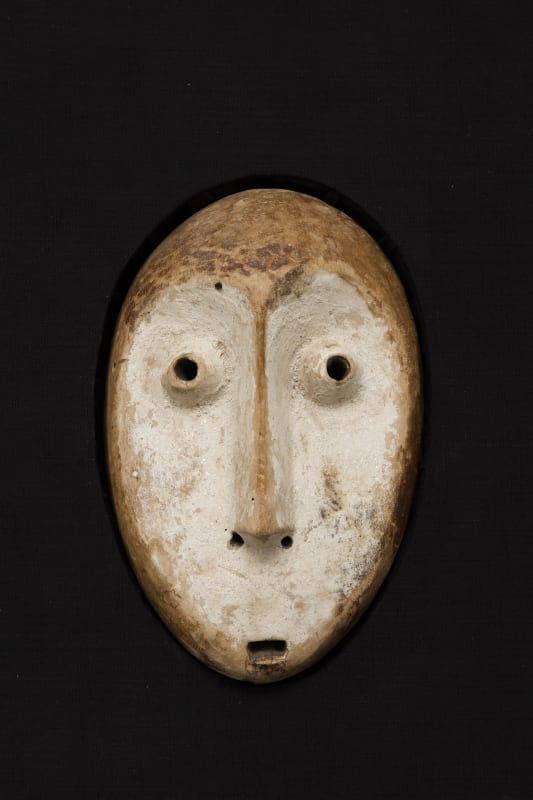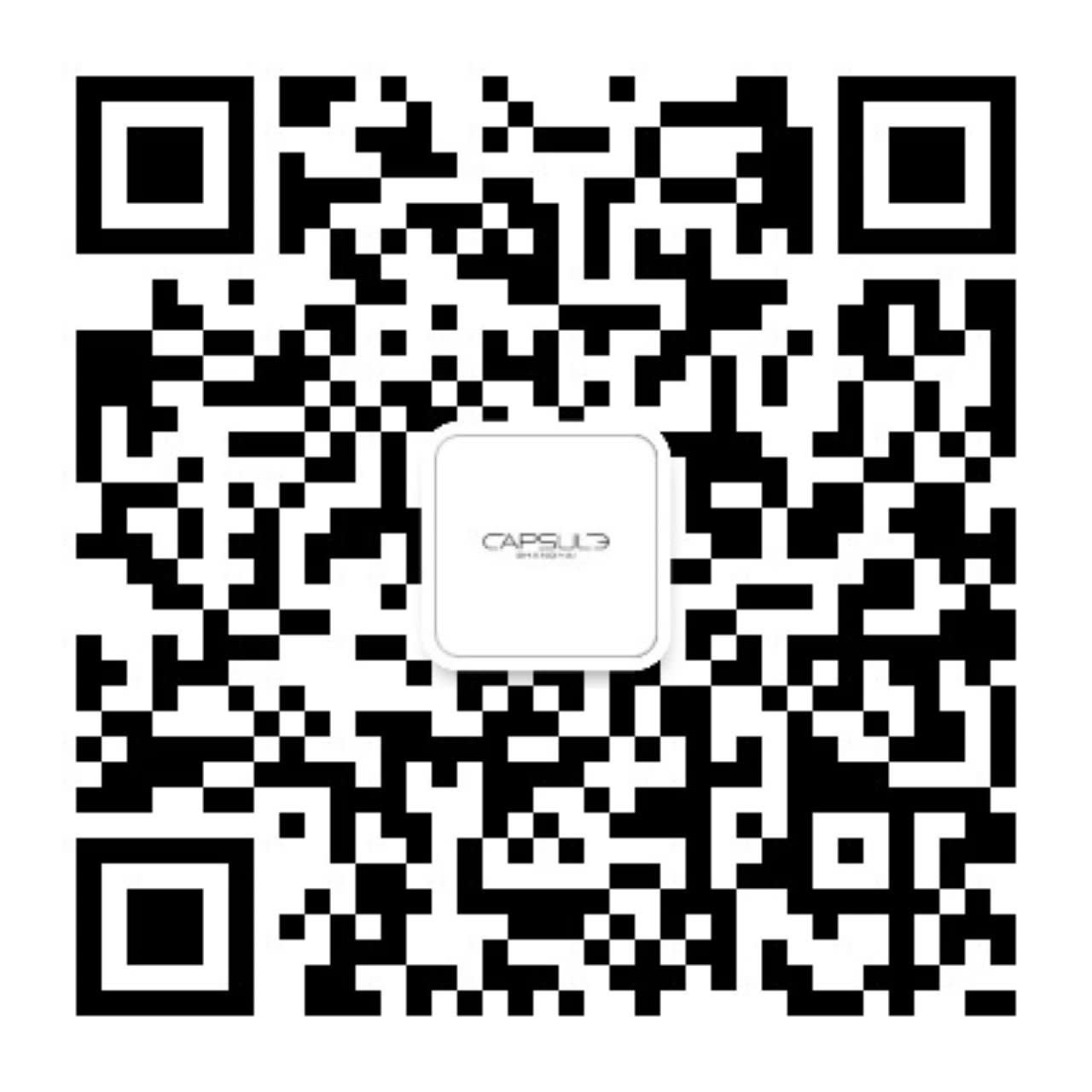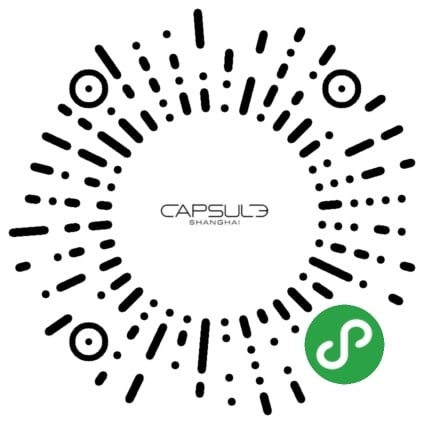Name?
Jiang Li.
Age?
32.
Distinguishing features?
Hairless, wearer of glasses, male.
Where are you from and where are you going to?
I come from the Big Bang and I am going into myself.
How have your roots influenced you as a person and as an artist?
It’s like urine and its vapor.
How was Jiang Li when he was a kid?
Shorter and thinner than I am now.
What about now, is there a part of you that is still a kid? Do you consider yourself a big kid or a small adult?
“Big kid” or “small adult”, these are rather crude phrases. There is nothing special about being an adult. Adults just have more means to play at being grown-ups, while being strongly convinced that they are all mature and steady, which is quite naive. In fact, the adjective “naive” is used only for adults. No one would call children naive. As children live fully immersed in their own reality, they are incredibly mature.
How did you choose to become an artist? Is it a choice or a natural way to be?
Everything is by choice, everything is preordained.
For me, becoming an artist is a preordained choice since I have no professional skills.
What is art? Can we define it?
Art is universality, because every person, with no exception, has his or her art. This is the truly amazing thing about art. Artistic activities are human activities, undertaken so that human beings become themselves.
Do you think that the artistic spirit can get lost in the systematic nature of art? Akin to how the religious spirit can become unrecognizable in religions, with their structures, restrictions and rules?
Just as the food and beverage industry cannot harm the essence of good food, art as a system cannot harm the essence of art. An industry constitutes a tool to be utilized by individuals. Religion is an industry and so is art; they both have a hodgepodge of people with varied qualities. Lousy artists can be dazing, yet the essence of art has always remained intact. No human being would ever be able to dent it. The essence of religion has never ceased to exist within the religious system, even though it has become hazy because its proponents do a bad job and its followers don’t care for enlightenment.
Why do we need art? Do we actually need it?
If all human beings need to eat, then they also need art. Eating and art are two representations of the same thing. Artistic activity is not superior to eating. On the contrary, an extraordinary artistic activity should be as natural as eating, or rather, only in this way, adequately artistic. The act of chewing is amazing for its precision and instinctiveness, all without the intervention of thought. People deceive themselves in suspicious ways when attempting to distinguish art from eating. In the end, they are only comparing a bunch of artworks, worshiping the works over art itself and never stopping for a minute to think about how different these two are. They blabber on and on about this maestro, that –ism; they claim to love or appreciate this and that, but they never speak truthfully. Probably they can only understand formal expressions, but they cannot be touched by real art. Talking about various forms within an existing concept is easy-breezy, one only needs to search Google for some pictures. Many in the art scene hawk their tastes in so-called art events, displaying nothing but crappy, worthless knowledge. All they ever do year-round is training themselves to fabricate complex and abstruse terms to describe artworks. With stupid empty talk, they want to confuse common people and distinguish themselves. If there were some bureaucratic hierarchy in the art industry, these hawkers would all be eager to climb the ladder and be named something like “Director of the Bureau of Behavioral Art”. All they idolize are concepts and authority. They couldn’t care less about human beings, nor do they observe human actions. Shouting around upholding a mold named “art”, they fill it with some appearances to come up with a shape reassembling art while crying out: “Oh, it’s so beautiful! So original! So artistic!” To me, this is sick, plain and simple. With so many delusional people running around, some begin to claim they are teachers. I call them cultish. Why do we need to eat? Do we actually need to eat?
What is the biggest merit of art?
The same as the merit of a meal and a rain shower.
Ancient art, modern art, contemporary art: does art have an age? What is the relationship between art and time?
There are only ancient artworks and modern artworks, since they are created at different points in time. Art itself is timeless and not to be ascribed to a certain era. Time is also a form of art.
What is the relationship between Jiang Li and time?
I am a representation of time.
What is art’s biggest certitude?
Everyone has art.
What is art’s biggest doubt?
Possibly this question of yours.
What is your biggest certitude?
I am still living.
What is your biggest doubt?
Possibly this question of yours.
Do you fear anything?
Death, pain, cold, hunger and countless other concrete situations.
Can art be a help to our fears and doubts? And can art be considered a certitude?
Artists discover new fears and doubts. Why are you so obsessed with certitude?
Someone is asking you for some milk but you cannot give it to them because you know you will need to feed your cat milk at night. What do you answer: A, you are sorry but you don’t have any milk, B, you have milk but you cannot give it to them because you need to feed it to your cat?
A, to save my breath.
Is there any difference between answer A and answer B? Are you sure you said the truth?
Both of them are the truth.
What is truth?
Truth is flower bloom in the warm springtime. Truth is rice ripening twice a year. Truth is rice ripening three times in a year. Truth is that people forget good for the sake of gold. Truth is that drinking alcohol begets intoxication. Truth is Buddhist texts. Truth is Dialogues with Marcel Duchamp, truth is also the collection of interviews with Ai Weiwei: The Ability to Find Happiness and SAS Survival Handbook. They all carry something permanent and unchanging regardless of change of times. Truth is laws of the universe, so miniscule and so omnipresent. That which is absolutely miniscule is absolute magnificence. Artistic activity and writing are invented in order to help us describe a piece of truth.
But I would have answered B and I would be sure to say the truth. So, is truth arbitrary?
Ok, let’s just concede you are right, too. If we continue with questioning, we can only say all is wrong.
Is there any right or wrong? What is right and what is wrong? Is it arbitrary?
If harming other people without gaining profit for yourself is wrong, then harming others to gain profit for yourself is right. Right and wrong are in a mutual relationship. The concept of right and wrong is very subjective.
Artist Jiang Li. What role does inspiration play in your artistic activity? Where do you find it?
Inspiration is expressed through intuition. The best artists all work with their intuition, not upon contemplation. If something comes to you through intuition, you cannot go around looking for it. You can do nothing but rely on your own perceptions. If you have to force out inspiration, all you will get is a dull idea based on formal logic.
You use very different mediums, such as installation, painting, drawing, and so on.
Is there any specific medium you prefer or feel more comfortable with? How do you choose which means and material you would use to create your artwork? Does the idea come first and then you find the best way to express it, or you first get inspired by an object, a material, a color?
For me, one means and material is as good as any. Whether it is appropriate is the key question. For a piece of artwork, scrap paper and gold are both good materials, it depends on how you use them. I don’t have much money so I prefer to use what I can afford. Usually, I have an idea first, then I start to work.
You also write poems. How do you approach poetry and what does it mean for you?
Good writing is exact, precise and inspiring. It is a true creation with beauty and power. To come closer to it is why I write poems. Actually, this possibility can be achieved by poetry and all other forms of writing.
Your works express a playful, sarcastic, ironic, and sharp way to look at life. How difficult is this, and why do you have this position towards art and life?
This position is natural to me.
“An ordinary object [could be] elevated to the dignity of a work of art by the mere choice of an artist”. Is there any connection between your works “Shower Head” and “Charger” and Duchamp’s Readymades?
The approach adopted by Readymades is quite interesting. Items for Readymades have always existed, yet only after Duchamp picked them out and gave them a name have people begun to use this word as an artistic approach. Duchamp has named an entire category of things.
What is, among your works, your favorite or the one that represents you the most?
When they are all added together.
Are there any artists or art trends that inspire your art?
Yes.
What is freedom?
It is a will and an innate ability of human beings.
Jiang Li, are you free?
It depends on my mood.
Considering all the rules and restrictions coming from the art world, the big game of art fairs, art exhibitions and art auctions: is there freedom in art and in the art world?
There is no contradiction between rules and freedom. They are two sides of the same thing. Many people freely obey some kind of rules.
What is your idea about the future of art?
Art itself has no future for me to imagine.
What about the future of humanity?
My future is the future of humanity. Does bragging make you a bit uncomfortable?
What about Jiang Li’s future?
It depends.
You hate routine. But if you keep trying to avoid it, it means that you must have one. What do you every day? Not having a routine isn’t a routine itself?
I don’t hate rules or routines. I hate hypocrisy and I avoid cliches and pretentiousness.
How do you imagine your ideal world?
It is a world full of contradictions. Everything has its opposite, and the opposite is just as rightful and uncompromising. There is authority, but there is also contra-authority.
What person are you and what person will you become?
I am a person of low taste. I can become a person walking away from low taste.
What artist are you and what artist will you become?
See above.
If you could, what would you change about yourself?
The gender.
What did you do that you regret? What did you not do that you regret?
Nothing.
What will you do tomorrow?
Have hotpot.
Favorite activity?
Answering your questions.
Favorite food?
Rice in broth.
Favorite place?
The toilet.
Favorite time?
Sleeping time.
Favorite art show—yours?
Yes.
Translation: Eva Zhao
Editing: Eli Floyd Clemens



